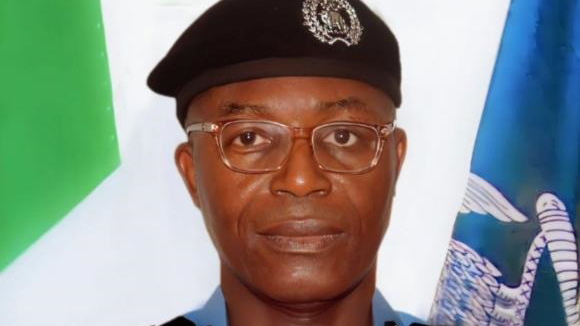
Justice Celestine Obinna of the Federal Capital Territory (FCT) High Court, Abuja, on Friday, admitted key documents as evidence in the ongoing trial of Mr. Netufo Olaniyi Alaba, the suspended Executive Director of the Rural Electrification Agency (REA), and Mr. Hassan Arivi Saddiq, Managing Director of Hassino Group Limited, who are facing charges of fraud and abuse of office, respectively.
The duo are being prosecuted by the Independent Corrupt Practices and Other Related Offences Commission (ICPC) for their alleged involvement in a contract fraud scheme amounting to over N23.5 million.
At the resumed hearing, prosecuting counsel, Abdulkareem Sulaiman, informed the court that a witness was in court to testify. However, Myson Nejo, counsel to the 1st Defendant (Alaba), said he was not ready to proceed, explaining that he needed to consult further with his client to determine the next course of action.
Similarly, Ahmed Yusuf, counsel to the 2nd Defendant (Saddiq), complained that the cautionary statement of his client, made during investigation, had not been served on the defence.
He requested the court to order the prosecution to provide both that and another cautionary statement made by one Akindele Aribo.
The prosecution, however, insisted that no documents were being withheld, stating that Saddiq was initially a petitioner but became a suspect following the investigation.
Justice Obinna, in a brief intervention, observed that since the matter was not concluding that day and the defendants were on bail, the defence counsels could still confer with their clients.
Mr. Victor Okorafor, a Principal Superintendent with the ICPC, in his testimony, told the court that the commission received a petition from Ejike Egwu on behalf of the 2nd Defendant, alleging that Alaba had received money from him under false pretences to facilitate contract awards at the REA and other government agencies.
According to Okorafor, the defendants signed a Memorandum of Understanding (MoU) under which Saddiq agreed to pay Alaba N10 million for every contract facilitated. Investigations revealed that the 2nd Defendant transferred N10 million in two tranches and also paid $5 million in cash to the 1st Defendant.
When the promised contracts failed to materialize, Saddiq demanded a refund. Alaba partially refunded the money and paid an additional N8.5 million as interest, bringing the total value to N23.5 million.
The ICPC investigator confirmed that during the investigation, the agency retrieved the MoU, evidence of payment, and statements from both defendants. These documents were tendered and admitted in evidence by the court.
However, the admissibility of a First Bank statement showing the transactions led to a brief legal tussle. Defence counsel objected, arguing that the ICPC was not the maker of the bank statement and that only a representative from the bank could authenticate the computer-generated document. The prosecution countered, stating that the statement was addressed to the ICPC Chairman and fell within the agency’s investigative custody.
In his ruling, Justice Obinna held that both parties had agreed that the document was computer-generated and therefore governed by Section 84 of the Evidence Act. Having met the conditions under the law, the statement, along with the covering letter, was admitted in evidence.
Statements made by both defendants, which were not contested by their counsel, were also admitted by the court.
Following the admissions, Nejo said he was not ready for cross-examination, while Yusuf requested time to study the newly served cautionary statement.
Meanwhile, the matter has been adjourned to May 16 for continuation of the trial.






